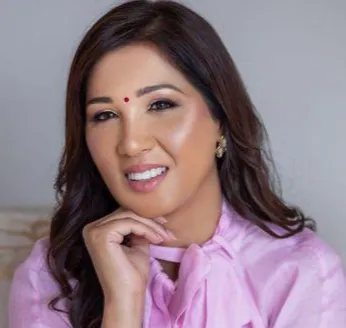From conflict to connection: strategies for healthy communication
Stronger relationships

When conflict is handled maturely and constructively, conflict can lead to deeper connection and empathy, says the writer.
Image: Viktoria Slowikowska/Pexels.com
WHILE some people see conflict as a sign of a troubled relationship, the reality is that conflict is inevitable. The key factor that distinguishes between healthy and unhealthy relationships is how we navigate conflict.
The purpose of conflict
The objective of conflict is not to win – but to achieve mutual understanding. Healthy conflict allows us to address unmet needs and find mutually acceptable solutions to problems. The absence of conflict can mean that resentment can erode the relationship. When conflict is handled maturely and constructively, conflict can lead to deeper connection and empathy.
How to argue constructively
Conflict becomes destructive when one resorts to criticism, blame, name-calling, contempt or avoidance. In order to argue constructively, we need to allow ourselves to process our emotions first. When we are emotionally regulated, we can think more clearly about how we would like the issue to be resolved and approach the discussion in a problem solving manner (instead of focusing on blame.
So, timing is important. There might be no good time for a difficult conversation, but there are certainly worse times, for example, when someone is stressed, tired, distracted, hungry, etc. So let them know what you would like to speak about and check if it is a good time. Otherwise, agree on a time to have the conversation. Use factual and neutral language as far as possible.
When we are eager to be heard we can make one of two mistakes: speaking louder or saying too much. Both are counterproductive. Speak in a tone that is easy to listen to and that does not distract from your words. Also, say less so that the important points are highlighted.
Use I-language instead of you-language. So instead of "You never help around the house!", it might be more constructive to say "I am feeling overwhelmed with the household chores and I’d like us to discuss sharing the load more fairly".
When you are accusatory, you are more likely to receive a defensive response. Always have the outcome in mind; that is, what are you hoping to achieve from the conversation. We cannot shame someone into giving us what we want.
We sometimes forget that we are on the same team. So conflict is not me versus you - it is us against the problem. We you remind yourself that you are on the same team, you are more likely to reach beneficial outcomes. For example, a couple arguing about parenting and discipline may get so caught up in a power battle that they forget that what they both really want is a well adjusted child. So, especially in times of difference, focus on what you have in common to help you work as a team.
Healthy communication is not just about how we speak – it’s also about how we listen. Do not listen to defend; listen to understand. Clarify what is meant instead of assuming. If things escalate, agree to take a short time out and come back to the conversation when you are able to focus on solutions.
Remember that it is possible to disagree without disrespect.

Rakhi Beekrum
Image: Supplied
Rakhi Beekrum is a counselling psychologist in Durban North with more than 16 years’ experience in individual and couples therapy. Her expert advice has been featured in print and digital media, on radio and television. She uses her social media platforms to spread mental health.